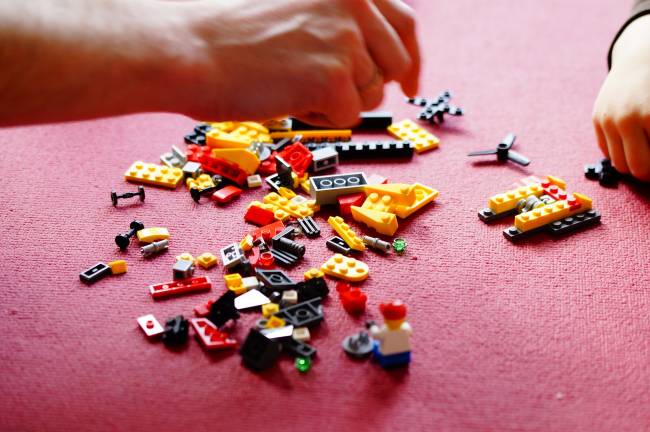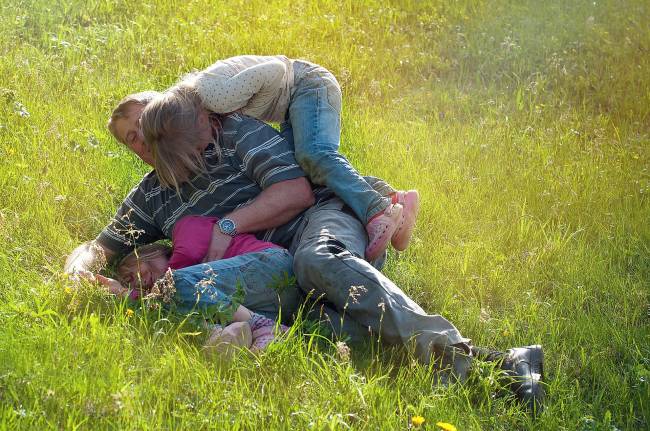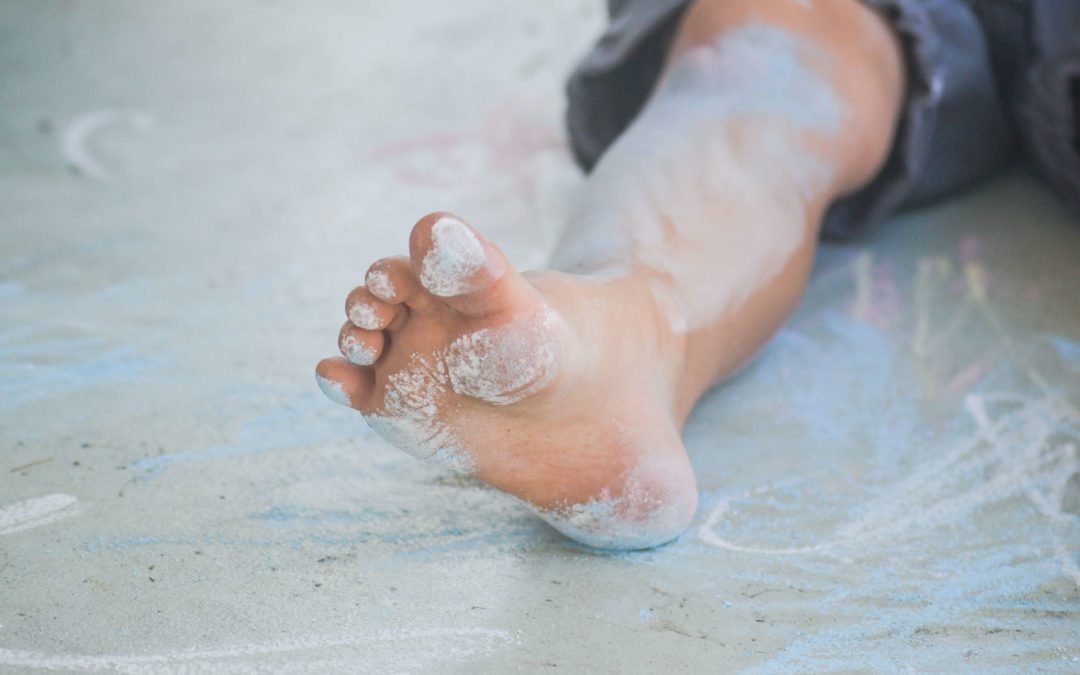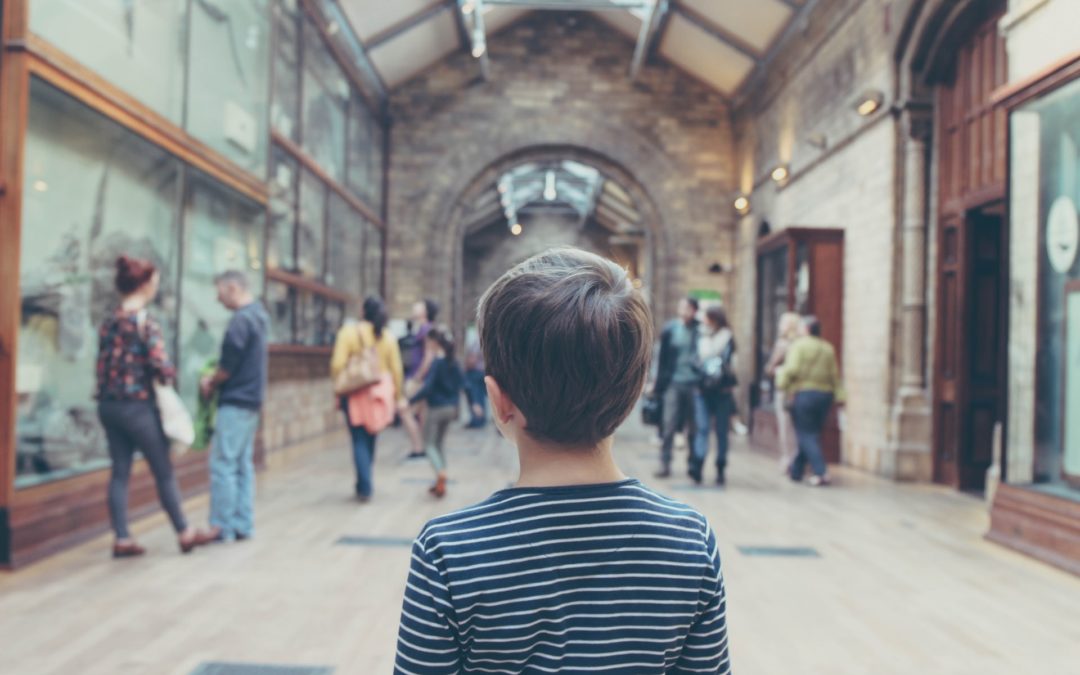“If you want your child to love you, play with them”
Margot Sunderland

This week is Children’s Mental Health Week. The world can be a daunting place for young people. As parents we are there to share our children’s worries, answer their questions and catch them when they fall.
This work starts from day one.
That first bond you make with your child parenting researchers call Attachment, and you are working towards that attachment being secure. Attachment is the very special bond children develop with their primary carer. It is important because it is the basis for good lifelong mental health.
The origins of Attachment Theory are from the 1930’s. A psychiatrist, John Bowlby, working with emotionally disturbed children took a look at their relationships with their Mum and drew some conclusions. Children experience intense distress when removed from their Mums (remember this was the 1930s child rearing was all about Mums). Bowlby’s research noticed a link between children with prolonged periods of separation from their Mum and children who suffered later emotional disturbance.*
Roll forward nearly 100 years and Attachment Theory is still a key way of understanding our mental well-being.
We spoke with Dr. Margot Sunderland, Director of Education and Training at The Centre for Child Mental health about what attachment play is and most importantly what Dad’s can do to make sure children have good attachment.
What is attachment?
Attachment is being consistently emotionally responsive to children which means meeting them in pain and in joy. It isn’t just about soothing distress, but also about social play and Dads are as important as Mums in all of that. Dads are often far better at rough and tumble play than Mums and we know rough and tumble play, attachment play is absolutely key

So why should I worry about good attachment?
Attachment triggers a brain fertiliser, Brain-derived neurotrophic factor which triggers new brain growth. It has an amazing powerful impact on the brain but also on well-being as it triggers two neuro chemicals, oxcytocin and opioids which are anti-aggression and anti-anxiety chemicals. Really setting up a foundation for well-being and good mental health. Securely attached children have resilience and unless you get that from an emotionally available adult you will not be resilient. There is no such thing as a resilience gene, resilience comes from relationships and yes it is a wonderful feeling to feel connected to another human being who you know loves you because that is it, that’s what life is, without that my goodness you are heading for mental health issues.
But what if I have to be back at work 70 hours a week after the baby is born, what role can I play?
The important thing is that you have some continuity, we call it the acoustic presence of the parent. So if Dad has to do 70 hours then he puts his voice on a ‘dictaphone’ and Mum plays that to the baby, Dad saying “Hello baby… I’m still thinking about you and I’d love to play with you…” The acoustic presence of the Dad is nearly as powerful as being physically there. That will help them feel not abandoned by Daddy, obviously it relies on Mum playing it several times a day. The baby feels that they are held in mind. So when Daddy goes to work ‘I’ don’t drop out of his mind. ‘I’m’ being remembered. With infants leave a little present under a plate that can be found at lunchtime anything that will counter act the feeling of abandonment the feeling that you don’t care.
If I have to go back to work after two weeks will my baby miss me?
At two weeks, no. The attachment system proper kicks in around three months. That’s when you will see more separation distress and stranger anxiety. At two weeks anyone can just pick up any baby and the baby is fine, I’m not with my Mum, someone else is holding me, that is alright. That attachment grows over time. As soon as stranger anxiety kicks in when infants realise they have mobility it gets scary for them. Mummy or Daddy are the secure base. This happens around three months and it kicks in in a big way when the infant just wants to cling to one person.
What about if I am not resident? If I have had no or very limited contact with my child?
It is never too late even if there is a bad start, going back to my definition, if you meet the child in pain and in joy and Dad does lots and lots of attachment play the child will start to form a bond. Where a mother isn’t blocking, where she will support and realises that contact with Dad is important then like with the idea of the taped voice it is just this thing of being held in mind. Like sending a card every week. It is showing them that they are in your mind. A child will feel he doesn’t love me, he’s gone, they’ll make their own narrative and you can’t go into a narrative ‘he doesn’t care about me’ if you are getting cards every week or a voice message
In Is your child securely attached? Part 2 Margot Sunderland will talk about the importance of attachment play, how to do it and what not to do.
About Dr.Margot Sunderland
Dr Margot Sunderland, award-winning child psychologist and author of best-selling book What Every Parent Needs to Know, has released her latest DVD – Communication Skills and Attachment Play: The First Five Years – which aims to equip early years professionals, teachers and parents with a multitude of tools, skills and practical ideas to support children’s learning, brain development and emotional wellbeing. The video-based learning resource will support secure attachment and enrich relationships through its beautiful footage of adult-infant interaction, all backed by the latest neuroscience research.









